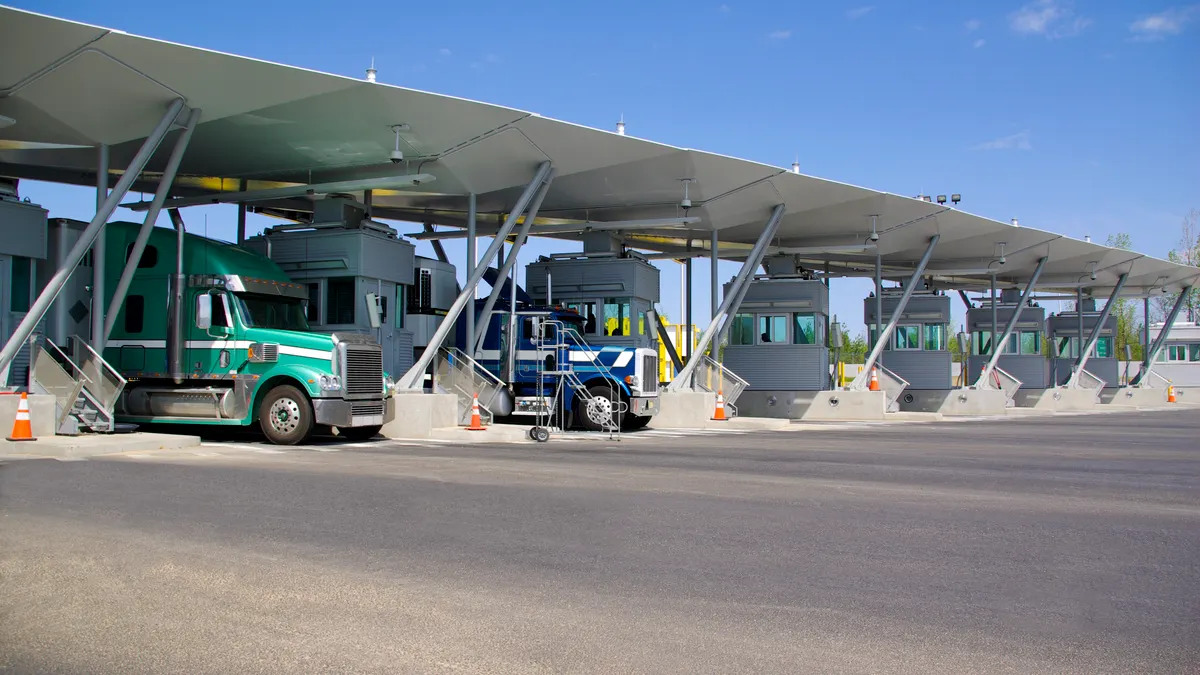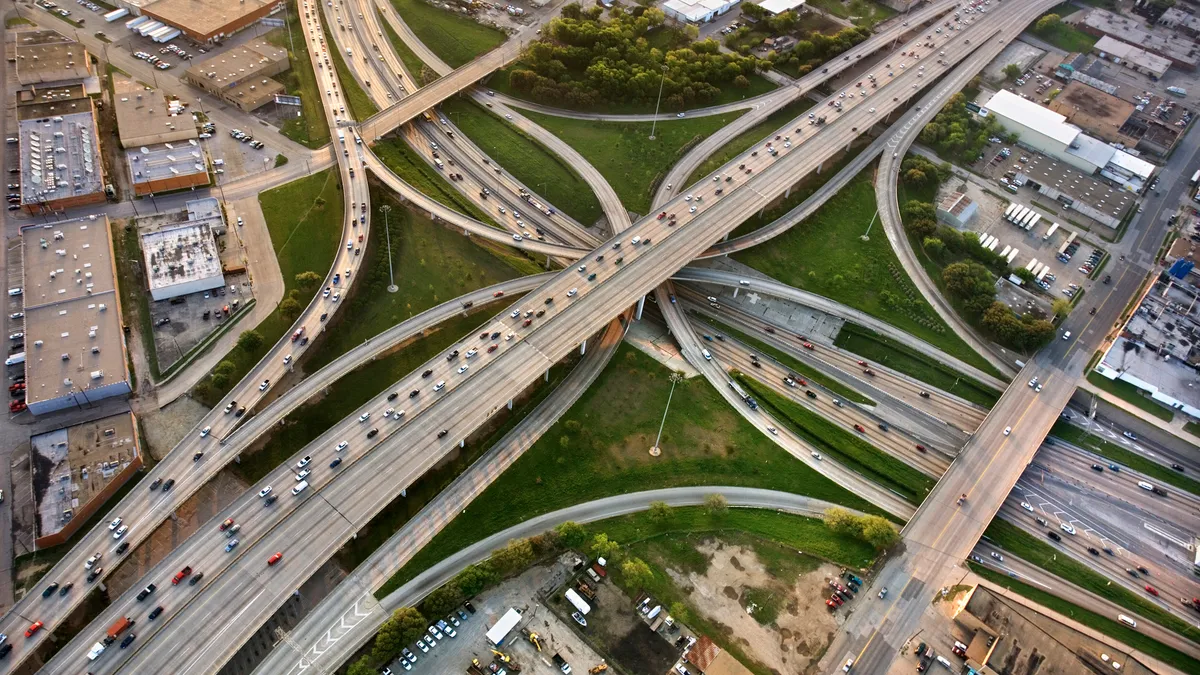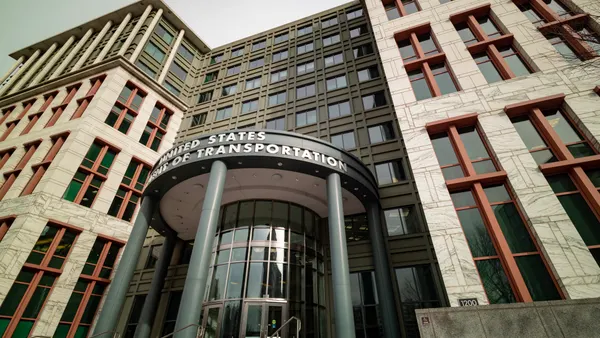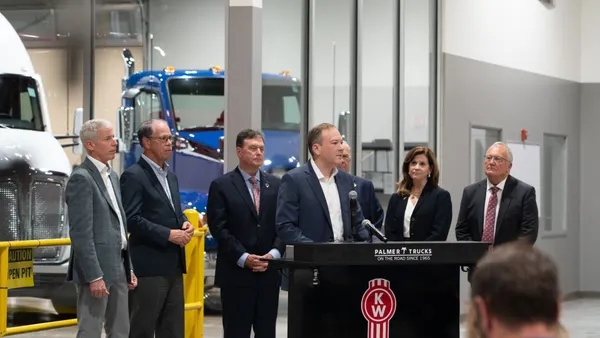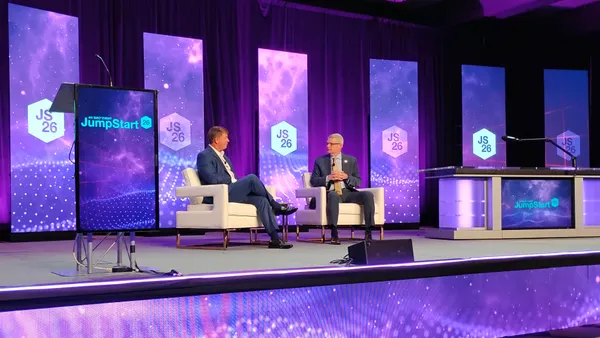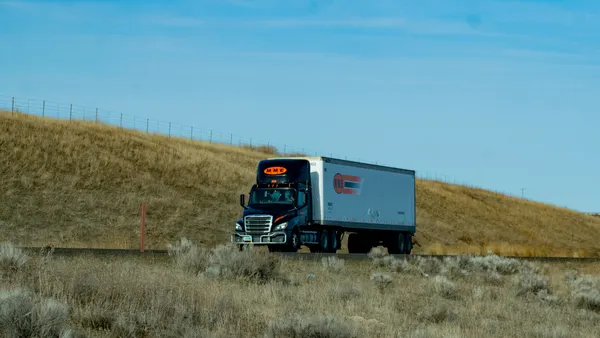Industry stakeholders are renewing pushes to reduce the federal excise tax.
The tax is 12% on most new trucks and trailers and certain instances of chassis, based on the first retail sale. The American Trucking Associations President and CEO Chris Spear has railed against it, calling it an “antiquated tax” that “imposes an enormous hardship.” The American Trucking Associations has long objected to regulations that unfairly burden truckers.
Advocates seeking to change the measure highlight that the tax started at 3% in 1917 before reaching its current rate in 1983, according to an April report by the American Transportation Research Institute, the research arm of the ATA.
The ATRI report also highlighted that the tax can exceed $20,000 for new trucks and extend beyond $52,000 for a zero-emission truck, which comes as vehicle costs have skyrocketed in recent years.
Legislators attempted to change the tax this year. In March, U.S. Rep. Doug LaMalfa, of California, introduced a bill seeking to repeal the tax, but the bill has never gotten past the House Committee on Ways and Means.
In late June, the “big, beautiful” tax policy bill drew a proposed amendment from U.S. Sen. Bernie Moreno, of Ohio, seeking to reduce the tax to 2%. That didn’t make the cut for the One Big Beautiful Bill Act that became law.
He still plans to include the 2% provision in future legislation, according to his communications director, Reagan McCarthy.
“Senator Moreno is committed to fighting for American truckers, the backbone of America’s economy, and fought to include critical tax relief for truckers in President Trump’s One Big Beautiful Bill,” McCarthy said in an email. “He will continue to look for avenues to get this provision included in future legislation.”
The Owner-Operator Independent Drivers Association has expressed reservations on changing the excise tax. The organization’s leadership has argued that significant changes to the tax could drain funding from the Highway Trust Fund, which covers transportation projects.
Without a replacement, the Highway Trust Fund could be stressed and adversely affect truckers, OOIDA officials say. The group says another revenue source would be needed to cover those highway costs.
The ATRI report suggested that if the excise tax were repealed, one solution could be a diesel tax increase of 11.2 cents per gallon to cover the costs.
“This increase is much lower than an inflation-adjusted increase of the diesel tax, which would have risen by $0.286 since its last adjustment in 1994 to a total of $0.527 per gallon,” the report said.




